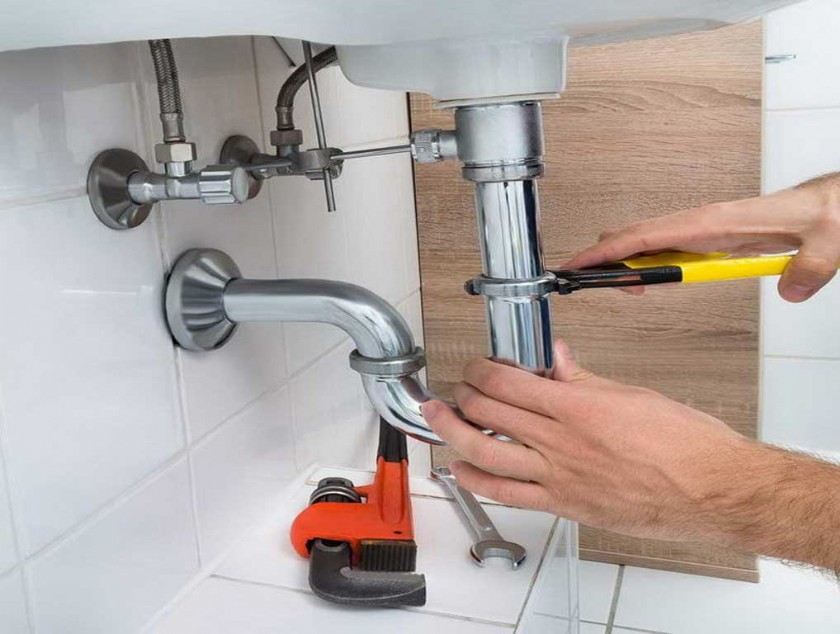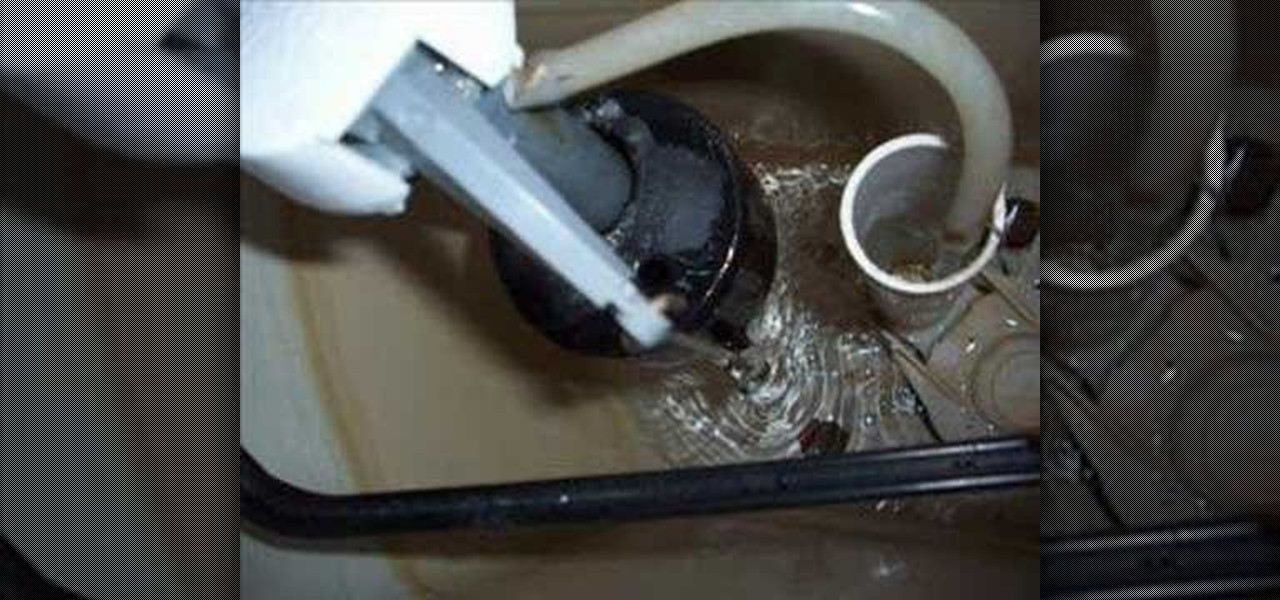Looking for about water saving washers or learn about water saving washers or discuss about water saving washers or share about water saving washers or ask about water saving washers.
Introduction to Water Saving Washers:
Water-saving washers are innovative and environmentally friendly appliances designed to significantly reduce water consumption during the laundry process. These washers incorporate advanced technologies and features that aim to conserve one of our most precious resources—water. By using sophisticated sensors and efficient washing techniques, water-saving washers deliver an eco-conscious solution to traditional laundry practices.
Question:
Answer: Water-saving washers employ a combination of smart technology and design strategies to minimize water usage. They typically feature advanced sensors that detect the load size and fabric type, allowing them to adjust the water levels accordingly. Moreover, these washers employ high-efficiency wash cycles and agitation techniques that use less water while maintaining cleaning effectiveness. By integrating these features, water-saving washers can substantially reduce water consumption without compromising on the quality of the laundry.
Water Saving Washers: Are They Worth the Investment?
Water is a precious resource, and it's important to conserve it whenever possible. Water saving washers are a great way to do just that.
What are water saving washers?
Water saving washers use less water than traditional washers. They do this by using a variety of technologies, such as:
Are water saving washers worth the investment?
Water saving washers can save you money on your water bill. They can also help to protect the environment by reducing water pollution.
How much can you save with water saving washers?
The amount of money you can save with water saving washers depends on the size of your household and how often you do laundry. According to the U.S. Environmental Protection Agency (EPA), water saving washers can save up to 5,000 gallons of water per year.
How can you save even more water?
In addition to buying a water saving washer, there are other things you can do to save water when doing laundry. These include:
Conclusion
Water saving washers are a great way to save money and water. If you're looking for a way to reduce your environmental impact, a water saving washer is a good investment.
Question:
Are water saving washers worth the investment?
Answer:
Yes, water saving washers are worth the investment. They can save you money on your water bill and help to protect the environment.
Here are some additional benefits of water saving washers:

Plumbing SystemPlumbing is any system that conveys fluids for a wide range of applications. Plumbing uses pipes, valves, plumbing fixtures, tanks, and

Dealing with a Leaking Toilet Tank: A Comprehensive Guide A leaking toilet tank can be a persistent and bothersome issue that not only wastes water b
Find solutions for common E01 F03 error code issues on Whirlpool washers. Learn troubleshooting tips to resolve problems with your appliance.
Tuesday, January 2, 2024 whirlpool washer / Common problems associated with E01 F03 on Whirlpo Answered: 3 194
194Poppy asked.
Discover effective ways to safeguard your delicate gadgets from damage and ensure their longevity. Explore smart protective measures now!
Sunday, January 14, 2024 / Precautions for protecting delicate gadgets Answered: 2 157
157Carl asked.
Find out the potential causes of a LG washer drum not spinning and get help to troubleshoot the issue. Don't let a malfunction hinder your laundry routine.
Saturday, January 6, 2024 LG Washer / LG washer drum not turning Answered: 1 139
139Peyton Bennett asked.
Discover how customized pergola designs can effectively tackle specific environmental factors, optimizing their functionality and aesthetic appeal.
Monday, February 5, 2024 / Tailored pergola designs for environmental factors Answered: 1 173
173Quinn Walker asked.
Learn how to troubleshoot and fix water heater thermostat issues to ensure your water is heated to the desired temperature consistently. Find helpful tips here!
Sunday, April 28, 2024 / Water heater thermostat issues Answered: 1 196
196Jessica asked.
A backflow prevention valve helps to protect against the contamination of clean water in a plumbing system by ensuring water flows in only one direction.
Sunday, April 28, 2024 / Backflow prevention valve Answered: 1 197
197Avery Thompson asked.
Learn how to effectively troubleshoot and clear the H2O error on your GE dishwasher to ensure smooth operation and efficiency in your kitchen.
Friday, March 15, 2024 / Clearing H2O error on GE dishwasher Answered: 1 274
274Madison asked.
Learn how to prevent frozen plumbing during winter by insulating pipes, keeping faucets dripping, and using heat tape. Act quickly if pipes freeze to avoid costly damage.
Thursday, June 6, 2024 / Dealing with frozen plumbing Answered: 0 349
349Logan Carter asked.
Meta Description: Discover the possible reasons why your GE dishwasher is not getting enough water to effectively clean your dishes and learn how to troubleshoot the issue.
Wednesday, January 24, 2024 / GE dishwasher not getting enough water Answered: 2 142
142Avery Baker asked.
Learn how to repair a leaking washing machine hose with simple steps to prevent water damage in your home. Don't let leaks go unchecked!
Tuesday, June 4, 2024 / Washing machine hose repair Answered: 1 198
198Lavonte asked.
This page has been viewed a total of 68 times
tepte.com: Your Questions and Answers Resource with a Wealth of General Knowledge
Are you seeking a one-stop destination for comprehensive knowledge and answers to your burning questions? Look no further than tepte.com! Our platform is your go-to source for a wide range of information, all conveniently presented in an easily accessible question and answer format.
At tepte.com, we pride ourselves on being your reliable knowledge hub. Whether you're curious about technology, science, history, or any other subject under the sun, our extensive General Knowledge (GK) knowledge base has you covered. We've made it our mission to provide you with in-depth insights and facts on an array of topics. Read more